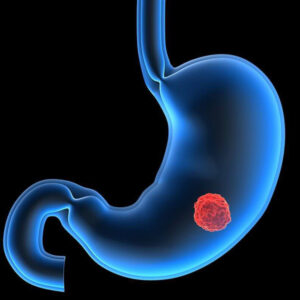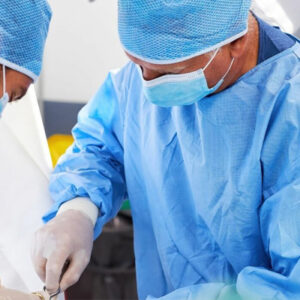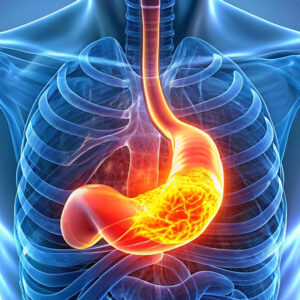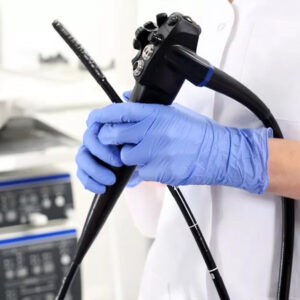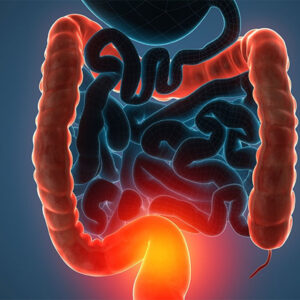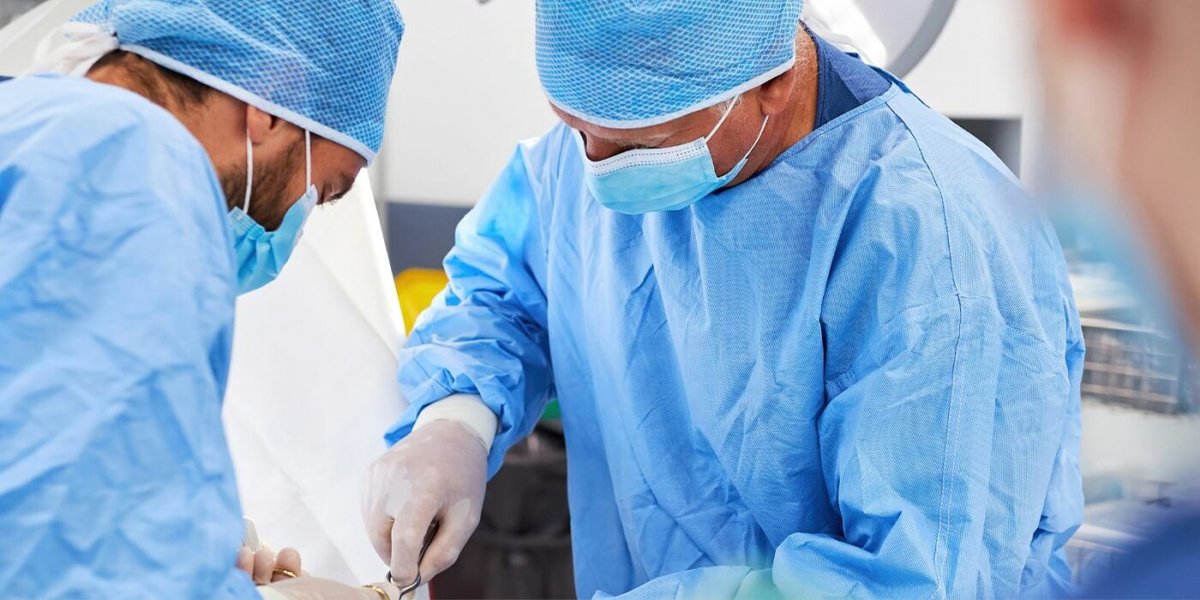
Gallbladder Surgery Istanbul
Gallbladder surgery Istanbul is an operation performed with open or closed surgical methods to treat cancer diseases affecting the gallbladder, gallstones, and problems such as recurring inflammation. The gallbladder is an important part of the digestive system. The bile fluid stored in the gallbladder has important contents such as special bile salts, lecithin, and bilirubin that facilitate the digestion and absorption of fats. This fluid, produced in the liver and stored in the gallbladder, is transmitted to the small intestine and ensures that the digestion process takes place smoothly. However, recurring inflammations, gallstones, and cancer diseases affecting the gallbladder can threaten both the health and functions of the gallbladder and general body health. In this case, gallbladder surgery may be used to treat the mentioned diseases and sometimes to prevent more serious health problems by removing the gallbladder.
In the continuation of our article, we will answer frequently asked questions such as “How long does gallbladder surgery take?”, “How is gallbladder surgery performed?”, “Is the gallbladder removed during gallbladder surgery?” and “What should be considered after gallbladder surgery?”. You can examine the continuation of our article to get detailed information about Istanbul gallbladder surgery.
What is the Gallbladder?
The gallbladder is a small pouch located in the lower part of the liver and responsible for storing bile fluid necessary for digestion. The bile fluid produced in the liver and containing substances that facilitate the digestion and absorption of fats is very important for the digestive system.
Gallbladder problems usually occur as a result of blockage in the channels responsible for the circulation of bile fluid and connecting the gallbladder to the liver and small intestine. The most common gallbladder diseases include gallstones, bile duct stones, inflammation of the bile ducts and gallbladder, and gallbladder cancer. While some of these can be treated with medical applications, some may require surgical treatment.
What is Gallbladder Surgery?
Gallbladder surgery is a surgical operation performed to remove stones located in the gallbladder or bile ducts or to remove the gallbladder in some cases. This operation can be performed with open and laparoscopic (closed) surgical techniques.
Why is Gallbladder Surgery Performed?
Gallbladder surgery is performed to treat diseases related to the gallbladder and to prevent more serious health problems. Gallbladder surgery can be performed in the following situations:
- Gallbladder stones.
- Acute gallbladder inflammation caused by gallbladder stones.
- Gallbladder cancer.
- Gallbladder polyps.
- Gallbladder dysfunction.
- Pancreatitis caused by gallstones.
Gallbladder surgery can be used in such situations.
Is Gallbladder Surgery Risky?
Gallbladder surgery is generally a low-risk operation. However, like all surgical operations, it has some risks related to bleeding, infection, and anesthesia. It is possible to protect against most of these risks with personalized surgery planning, an experienced surgeon, and ideal operating room conditions.
How Long Does Gallbladder Surgery Take?
The duration of gallbladder surgery may vary depending on whether the surgery is performed with open surgery or laparoscopic surgery. Gallbladder surgeries performed with laparoscopic surgery are usually completed within 1 hour. Operations performed with open surgery may extend up to 2 hours in some cases.
How is Gallbladder Surgery Performed?
There are two different techniques that can be used during gallbladder surgery. The first of these is open surgery, and the other is laparoscopic, i.e., closed surgery. The patient is under general anesthesia in both of these operations and does not feel pain.
During open gallbladder surgery, a relatively large incision (approximately 10 cm) is made in the abdominal area. Thus, the surgeon can make direct visual contact with the gallbladder and bile ducts during the operation and perform the necessary surgical procedures.
During closed gallbladder surgery, the planned surgical procedures are performed using very small (0.4 – 1 cm) surgical incisions and a special camera system. Small surgical instruments and a special microcamera are transmitted from the mentioned small surgical incisions to the target area inside the body. The live images from this camera give the surgeon the opportunity to visualize the gallbladder and perform the necessary surgical procedures. Closed gallbladder surgery is advantageous over open gallbladder surgery in many ways. However, not every patient may be suitable for closed gallbladder surgery.
What are the Signs of Bile Leakage After Gallbladder Surgery?
Bile leakage is a rare complication after surgery and usually manifests itself with pain in the abdominal area. Symptoms such as abdominal swelling, nausea, vomiting, and fever may also accompany abdominal pain. In case of bile leakage, bile fluid may not be properly transmitted to the small intestine, so jaundice may also develop.
How Should Nutrition Be After Gallbladder Surgery?
In the first days after surgery, light and liquid foods should be preferred. It is important to stay away from fatty, fried, or spicy foods for a while. Patients should eat frequently but in small portions after surgery. Care should also be taken to consume plenty of fluids.
Is There Pain After Gallbladder Surgery?
A mild pain sensation after gallbladder surgery is normal. Post-surgical pain usually decreases within a few days. During this process, the doctor may prescribe pain medication for the patient if deemed appropriate. Thus, the pain complaint is controlled and the patient’s recovery process is made more comfortable.
Pain complaints after gallbladder surgery are more minimal in operations performed with laparoscopy and usually disappear more quickly.
Istanbul gallbladder surgery prices may vary depending on the purpose and scope of the operation

